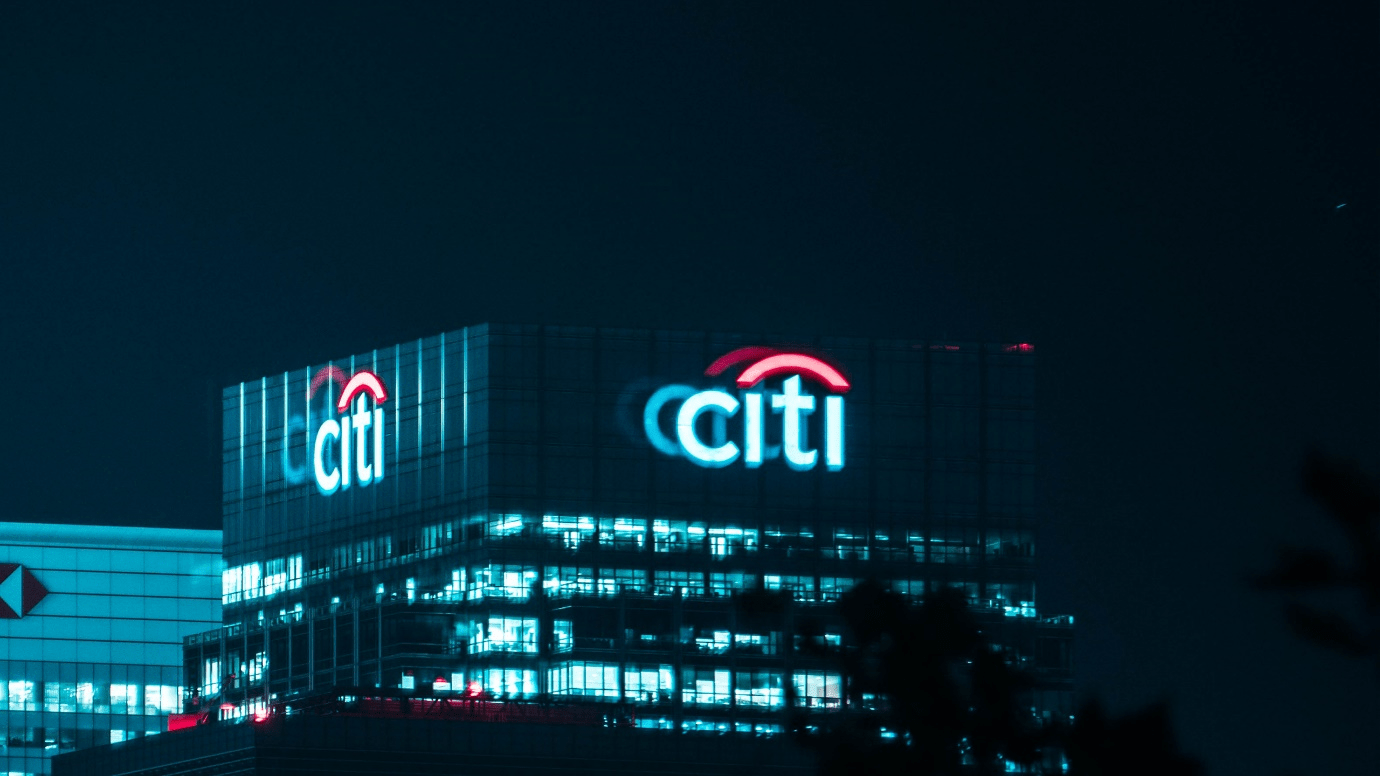
Why Skills-First Leadership Is Replacing the Ivy League Playbook in the C-Suite
The old prestige pyramid—where Ivy League degrees and blue-chip consulting backgrounds paved the way to the CEO seat—is cracking.

January 11, 2022: -Citigroup will be the first major Wall Street institution to enforce a vaccine mandate by terminating noncompliant workers by this month-end.
The bank reminded employees in a memo sent on Friday about its policy, first disclosed in October, that they must be “completely vaccinated as a condition of employment.” At the time, the bank said that employees had to submit proof of vaccination by January 14.
According to the memo, those who haven’t complied by next week will be put on unpaid leave, with their previous day of employment being January 31, which Bloomberg first reported. A spokeswoman for the New York-based bank declined to comment.
Citigroup, the third-biggest U.S. bank by assets and a significant player in fixed income markets, has had an aggressive vaccine policy among Wall Street firms. Rival banks, which include JPMorgan Chase and Goldman Sachs, have stopped short of terminating unvaccinated employees.
Citigroup, led by CEO Jane Fraser since March of the previous year, said it decided because, as a government contractor, it needs to comply with President Joe Biden’s executive order on vaccines. The bank said that enforcing the mandate would help ensure the safety of employees who return to office work.
Over 90% of employees are compliant with the vaccine mandate, and that figure is increasing as the deadline nears, according to a person with knowledge of the matter. The bank had 220,000 employees as of late the previous year, although the policy applies only to U.S.-based staff.
While some technology companies have embraced remote work as a permanent model, Wall Street CEOs, which include JPMorgan’s Jamie Dimon and Morgan Stanley’s James Gorman, have been vocal, nearly needing to pull workers back.
But the spread of the omicron variant of Covid-19 has forced companies to suspend back-to-work plans yet again, which makes it the latest disruption caused by the pandemic.

The old prestige pyramid—where Ivy League degrees and blue-chip consulting backgrounds paved the way to the CEO seat—is cracking.

Loud leaders once ruled the boardroom. Charisma was currency. Big talk drove big valuations.

But the CEOs who make history in downturns aren’t the ones with the deepest cuts

Companies invest millions in leadership development, yet many of their best executives leave within a few years. Why?

The most successful business leaders don’t just identify gaps in the market; they anticipate future needs before anyone else.

With technological advancements, shifting consumer expectations, and global interconnectedness, the role of business leaders

Following a distinguished Law Enforcement career Joe McGee founded The Securitatem Group to provide contemporary global operational specialist security and specialist security training products and services for private clients, corporate organisations, and Government bodies. They deliver a wide range of services, including complete end-to-end protection packages, close protection, residential security, protection drivers, and online and physical installations. They provide covert and overt investigations and specialist surveillance services with a Broad range of weapons and tactical-based training, including conflict management, risk and threat management, tactical training, tactical medicine, and command and control training.

Jay Wright, CEO and Co-Owner of Virgin Wines infectious energy, enthusiasm, passion and drive has been instrumental in creating an environment that encourages talent to thrive and a culture that puts the customer at the very heart of every decision-making process.

Fabio de Concilio is the visionary CEO & Chairman of the Board at Farmacosmo, a leading organization dedicated to mental health and community support services. With a deep commitment to identifying and meeting customer needs, Fabio ensures that high standards are maintained across the board.

Character Determines Destiny – so said Aristotle. And David CM Carter believes that more than anything else. For David, it has been numerous years of research into codifying Entelechy Academy’s 54 character qualities that underpin everything he stands for as a leader and teacher.


Leave us a message
Subscribe
Fill the form our team will contact you
Advertise with us
Fill the form our team will contact you